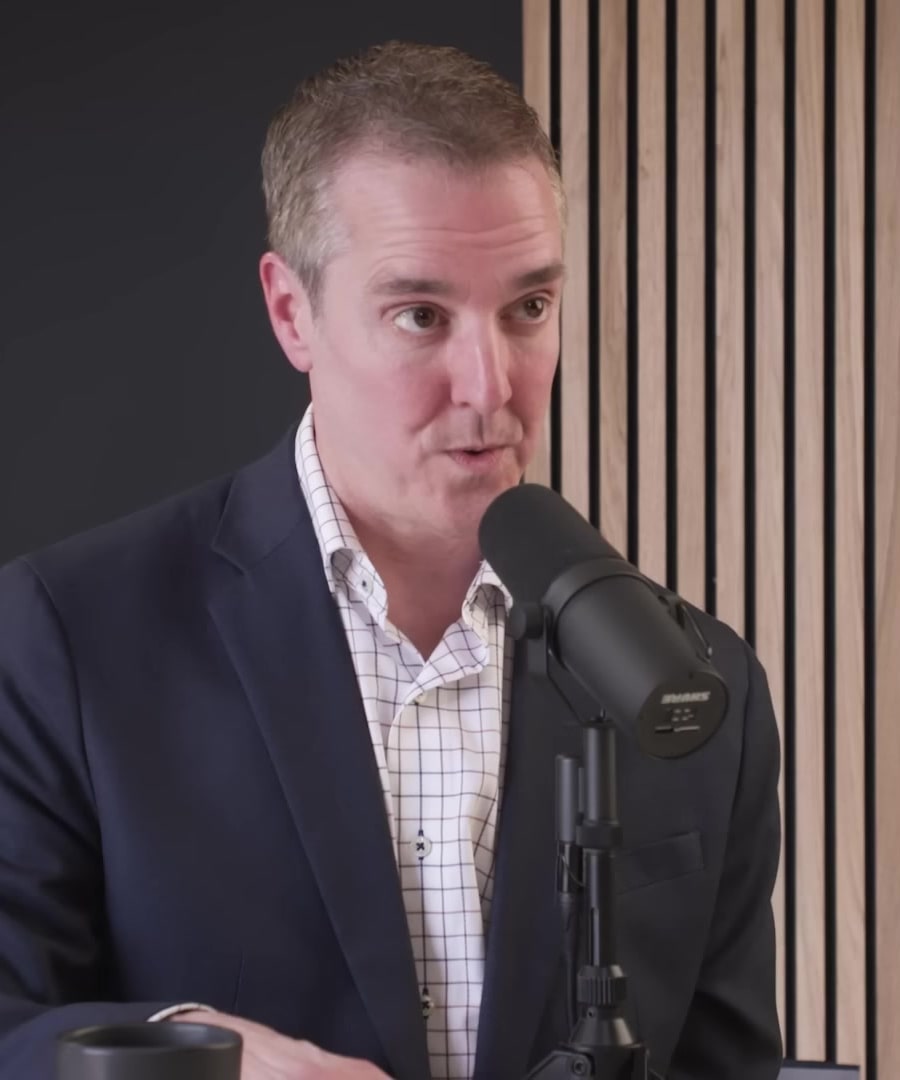What are the benefits of intermittent fasting?
Sources:
Intermittent fasting offers a variety of health benefits based on the data from the Huberman Lab podcast:
-
Gut Health: Intermittent fasting can improve gut health by promoting healthy gut microbiota and reducing the amount of lactobacillus present in the gut, which is correlated with metabolic disorders. It impacts the expression of clock genes and has a direct effect on the mucosal lining, favoring a healthier gut microbiome. This can be particularly beneficial for those with irritable bowel syndrome and other forms of colitis 1.
-
Metabolic Health: Fasting has been shown to improve liver enzymes and insulin sensitivity. This indicates better utilization of calories and blood sugar, which is crucial for preventing or managing diabetes 2.
-
Hormonal Benefits: Intermittent fasting may enhance the production of growth hormone, which is vital for various body functions, including metabolism and growth. This is improved when fasting and is especially beneficial in older age groups 3.
-
Mental Clarity: Some people experience heightened mental clarity during fasting. This is attributed to changes in brain function when fasting, although neurons generally prefer glucose to function optimally. The mechanism behind this clarity isn't fully understood but is a significant benefit noted by many who practice intermittent fasting 4.
-
Aging and Mitophagy: Fasting and intermittent fasting can help in preventing aging and stimulate mitophagy – the process of clearing out damaged mitochondria from the cells, which is crucial for cellular health and longevity 5.
These benefits illustrate how intermittent fasting can be an effective tool not just for weight management but also for enhancing overall health across various physiological aspects.
RELATED QUESTIONS-
Is intermittent fasting detrimental to muscle growth? And can it decrease muscle mass?
Sources:
Intermittent fasting can potentially impact muscle growth and muscle mass, depending on how it is implemented and on individual goals.
Detriment to Muscle Growth
Intermittent fasting might not be ideally suited for individuals whose primary aim is maximal muscle gain, such as bodybuilders or athletes in strength-based sports. This is particularly true for more extreme forms of fasting (like alternate day fasting) which can result in muscle loss if not properly managed with nutrition and resistance training 1.
Maintenance of Muscle Mass
However, when done correctly, milder forms of intermittent fasting such as the 16/8 method (16 hours fasting, 8 hours eating) do not necessarily lead to a decrease in muscle mass. Ensuring adequate protein intake during the eating window and syncing resistance training with this period can help maintain or even build muscle mass. Key studies support that with proper protein distribution and training, muscle mass can be preserved 2.
Considerations
To maximize benefits for muscle mass while practicing intermittent fasting:
- Protein Intake: Ensuring sufficient and high-quality protein intake during the eating periods is critical.
- Resistance Training: Aligning workout sessions with food intake windows to maximize glycogen availability and protein utilization.
- Nutrition Monitoring: Using methods like DEXA scans to monitor body composition changes can be beneficial in optimizing an intermittent fasting regimen 3.
Thus, while intermittent fasting can be adapted to support muscle maintenance and even growth, it requires careful management of diet and exercise to prevent potential negative impacts on muscle mass.
RELATED QUESTIONS
What are the benefits of intermittent fasting?
- RELATED QUESTIONS
Is intermittent fasting detrimental to muscle growth? And can it decrease muscle mass?
- RELATED QUESTIONS







